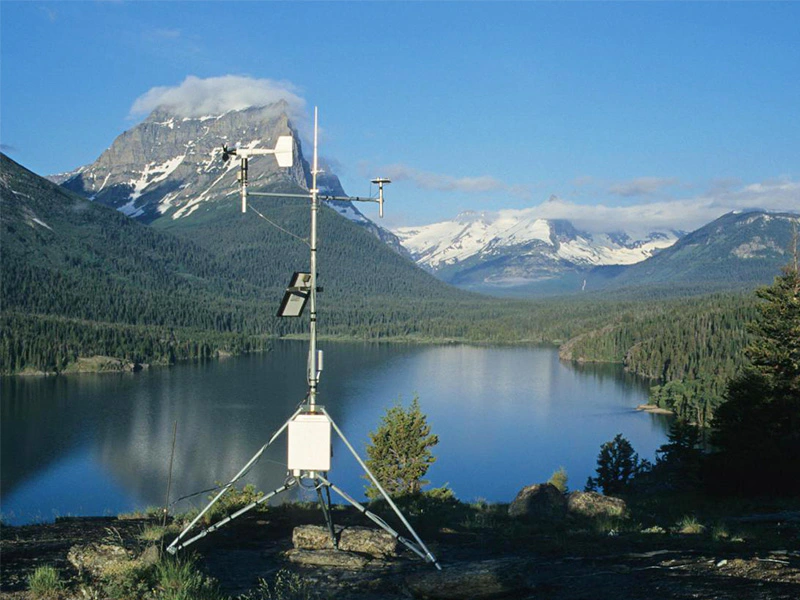Meteorological Station: Definition and Functions

# Meteorological Station: Definition and Functions
## What is a Meteorological Station?
A meteorological station, also known as a weather station, is a facility equipped with instruments and devices designed to observe and record atmospheric conditions. These stations play a crucial role in weather forecasting, climate research, and environmental monitoring by collecting data on various weather parameters.
## Key Components of a Meteorological Station
Modern meteorological stations typically include several essential instruments:
– Thermometer: Measures air temperature
– Barometer: Records atmospheric pressure
– Hygrometer: Measures humidity levels
– Anemometer: Records wind speed and direction
– Rain gauge: Measures precipitation amounts
– Pyranometer: Measures solar radiation
## Primary Functions of Meteorological Stations
Meteorological stations serve multiple important functions:
### Weather Monitoring and Forecasting
The most visible function of weather stations is their role in daily weather forecasting. By collecting real-time data from multiple stations, meteorologists can analyze weather patterns and predict future conditions.
### Climate Research
Long-term data collected by meteorological stations helps scientists understand climate patterns, detect climate change trends, and study atmospheric phenomena.
### Agricultural Support
Farmers rely on weather station data to make informed decisions about planting, irrigation, and harvesting schedules.
### Aviation Safety
Airports maintain sophisticated meteorological stations to provide pilots with accurate weather information crucial for flight safety.
### Disaster Warning
Weather stations help detect and monitor severe weather events like hurricanes, tornadoes, and floods, enabling early warnings to protect lives and property.
## Types of Meteorological Stations
Meteorological stations vary in size and complexity:
– Synoptic stations: Provide comprehensive weather observations
– Automatic weather stations: Operate without human intervention
– Agricultural weather stations: Specialized for farming needs
– Marine weather stations: Located on buoys or ships
– Upper-air stations: Use radiosondes to measure atmospheric conditions at various altitudes
## The Importance of Meteorological Data
The information collected by weather stations forms the foundation of modern meteorology. This data is used by various sectors including:
– Transportation industries
– Energy companies
– Construction firms
– Tourism operators
– Emergency services
As technology advances, meteorological stations continue to evolve, incorporating more sophisticated instruments and data transmission methods to provide increasingly accurate and timely weather information.
Keyword: what is meteorological station
Leave A Comment